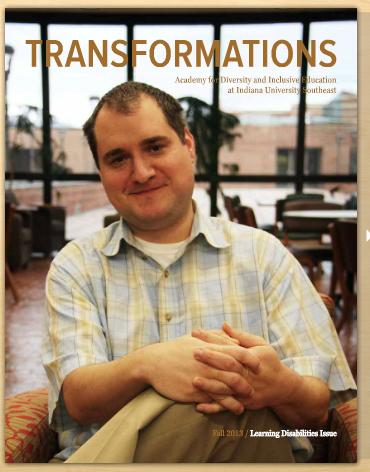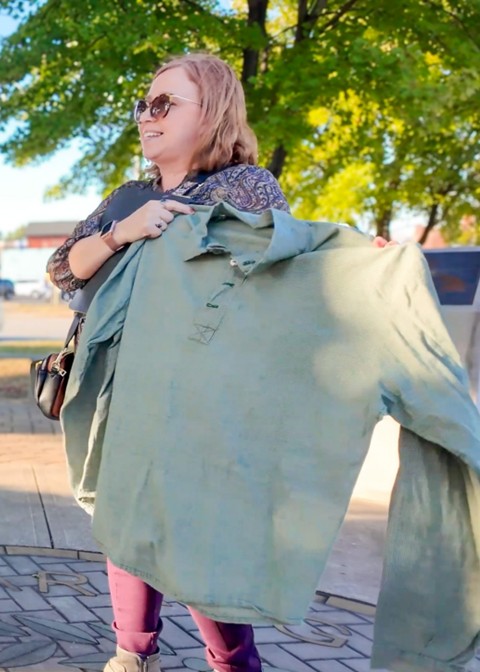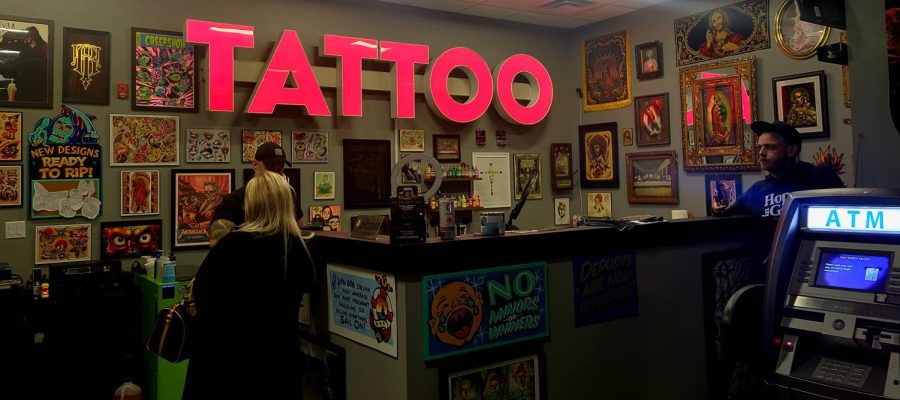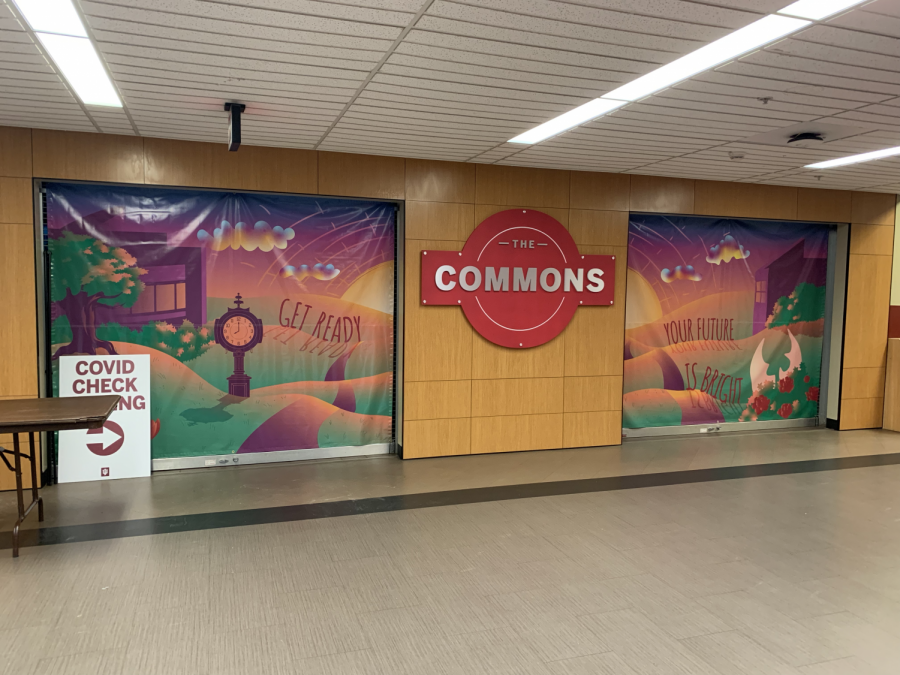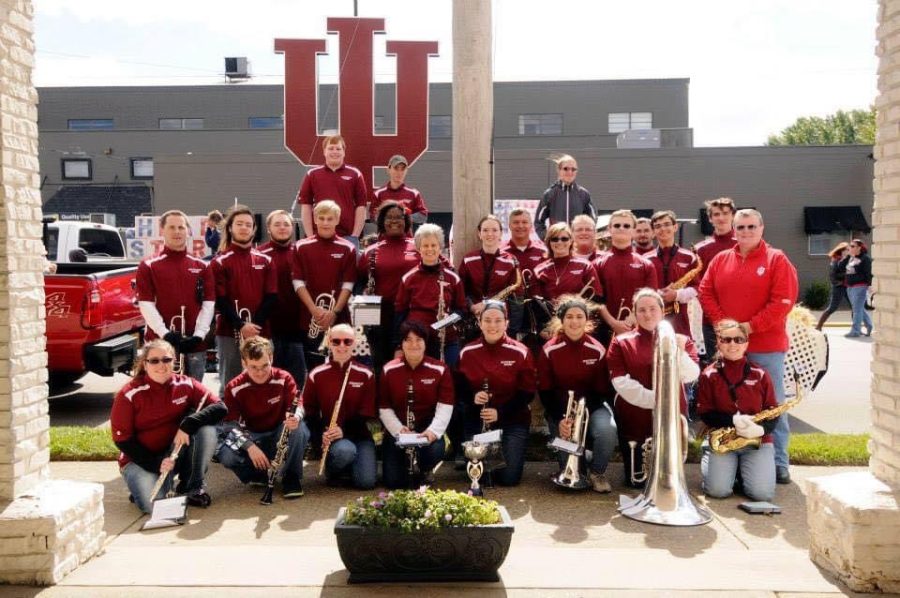The fall 2013 issue of the Transformations e-magazine is helping the campus keep a focus on diversity at IU Southeast.
Diane Reed, direct Academy of Diversity and Inclusive Education (ADIE) said The first issue of Transformations was published in the Spring 2012 semester.
Since then, each issue of the magazine has tackled a different diversity topic, Reed said. The newest issue focuses solely on learning disabilities and tackles topics such as how those with learning disabilities can get accommodations and how instructors can run classes while keeping students with learning disabilities in mind.

“It helps to enhance the faculty awareness of diversity issues on campus,” Diane Reed, director of Academy of Diversity and Inclusive Education (ADIE), said.
Transformations also serves to celebrate campus efforts to enhance diversity, inclusivity and multicultural education, according to the IU Southeast diversity website.
Reed said an e-magazine is a quick and convenient way to share information. Few faculty members have time to research diversity topics on their own, and “Transformations” allows them to easily access quick-to-read articles about diversity and inclusivity, Reed said.
The magazine is just part of a campus-wide effort to bring awareness to diversity issues, she said. Reed works alongside Darlene Young, who serves as staff advocate in her position as the director of staff equity and diversity, and Seuth Chaleunphonh, who serves as student advocate in his position as dean of student life. Reed referred to the three as “the diversity trio.”
She said that many IU Southeast courses integrate diversity into the course material.
Allyson Stenbro, nursing sophomore, said she noticed this integration throughout her interpersonal communications class.
“The class taught about how to speak while keeping in mind different cultures,” Stenbro said.
Taylor McAdams, communications junior, said she also noticed a focus on diversity and inclusivity in the interpersonal communications class, adding that Rebecca Carlton, senior lecturer and basic course coordinator in communication studies, helped open McAdams’ eyes to cultural diversity. McAdams explained that Carlton held an exercise that allowed students to experience being in “the out group” and understand how not being part of the group feels.
Reed said that awareness of diversity issues, especially within the classroom, can make a major difference. For instance, understanding that students who have dyslexia have trouble telling a lowercase “b” apart from a lowercase “d” could help encourage professors to use upper case letters on multiple choice exams, she said.
“Understanding these things helps you become a better educator,” Reed said. “It helps you become a better classmate because you are more aware of the influence of diversity on people’s behavior.”
Reed said diversity is a broad topic, and Transformations helps explore the many different areas of diversity and inclusivity in education.
“When people think of diversity, they think of race and they think of gender,” Reed said. “Not to diminish those areas, but there are so many other things to consider — LGBT students, for instance. That is part of diversity.”
Reed said that a series of posters on campus that emphasize sensitivity to labels and pejorative language. These posters have helped spark curiosity and have even caused some faculty members to ask questions, Reed said.
A poster explaining the importance of person-first language caused a faculty member to ask Reed what “person-first” language means.
Reed said she is excited when people come in and ask her questions about diversity issues because she has the opportunity to help spread awareness. She explained that person-first language identifies a person first and a disability or condition second. For instance, instead of calling someone, “dyslexic,” it is better to refer to the person as, “a person who has dyslexia,” Reed said.
The spring 2014 issue of Transformations will focus on international studies and international students. If you are interested in contributing to the e-magazine, contact Diane Reed at dreid@ius.edu. To read past issues of Transformations visit http://www.ius.edu/diversity/faculty/diversity-emagazine.html

